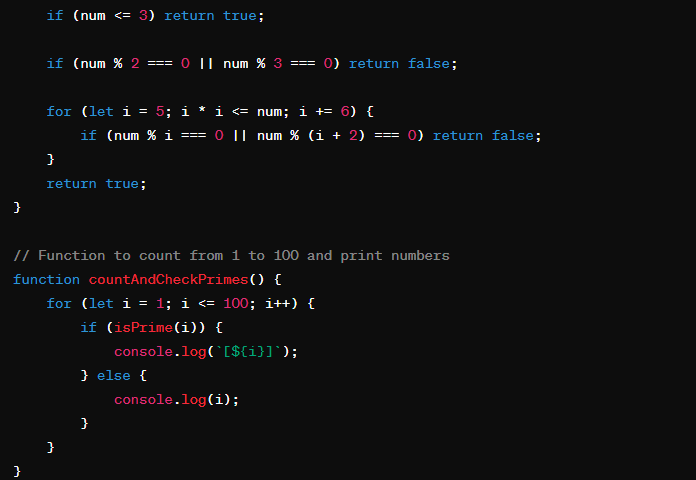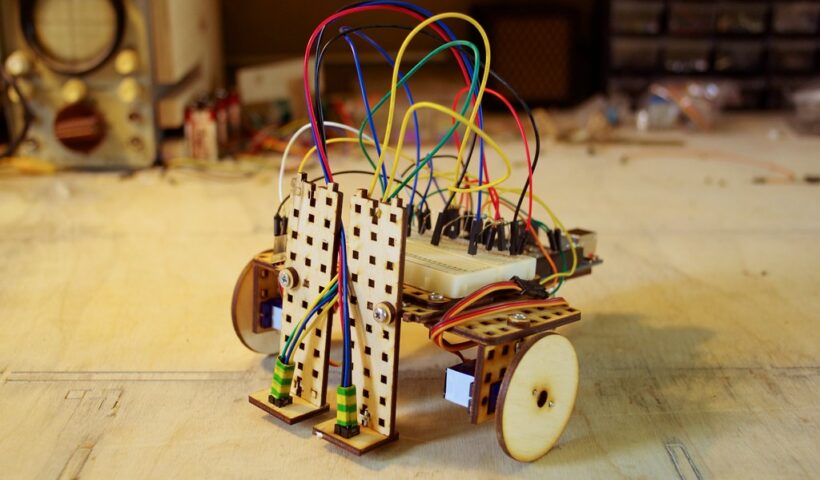In the world of programming, understanding the distinction between interpreted and compiled languages is fundamental. This guide delves into the core differences, advantages, and use cases of each, empowering you to make informed decisions for your coding endeavors. What are Compiled Languages? Compiled languages, like C++, Go, and Rust, undergo a process called compilation before execution. During compilation, a specialized program called a compiler…
View More Interpreted vs. Compiled Languages: A Guide to Their Core DifferencesTag: programming
Unveiling Micropython’s Potential: An Advanced Overview
Unveiling Micropython’s Potential: An Advanced Overview Micropython, a lean and efficient implementation of the Python 3 programming language, has garnered immense popularity for resource-constrained microcontrollers and embedded systems. This article delves deeper into the advanced capabilities of Micropython, empowering developers to harness its full potential. Memory Management and Garbage Collection Micropython employs a mark-and-sweep garbage collector to reclaim unused memory dynamically. Understanding its behavior…
View More Unveiling Micropython’s Potential: An Advanced OverviewUnlocking the Language of Code: A Beginner’s Guide to Syntax
Imagine trying to bake a cake by throwing ingredients together without a recipe. Chaos, right? That’s what coding without understanding syntax is like. Syntax is the set of rules that dictate how you write code in a specific programming language, much like grammar rules in English. It’s the difference between a computer understanding your instructions and spitting out errors. Why is Syntax Important? Computers…
View More Unlocking the Language of Code: A Beginner’s Guide to SyntaxMastering Asynchronous JavaScript: A Deep Dive into Promises
Asynchronous JavaScript is the backbone of modern web development, allowing us to build responsive and dynamic applications. One of the key concepts to master in asynchronous programming is Promises. Understanding Promises A Promise in JavaScript represents the eventual outcome of an asynchronous operation. It’s like a placeholder for a value that will be available in the future, either resolved (successful) or rejected (failed). Creating…
View More Mastering Asynchronous JavaScript: A Deep Dive into PromisesUnderstanding Function Parameters in Programming: A Beginner’s Guide
Understanding Function Parameters in Programming: A Beginner’s Guide In the world of programming, functions are like reusable blocks of code that perform specific tasks. To make these functions more versatile and adaptable to different situations, we use parameters. Think of parameters as placeholders for values that you can pass into a function when you call it. What are Parameters? Imagine a function that calculates…
View More Understanding Function Parameters in Programming: A Beginner’s GuideBuilding Your First Robot: A Beginner’s Guide to Line Following
Have you ever been fascinated by robots that can navigate a maze or follow a track? In this beginner’s guide, we’ll explore the basics of building a simple line-following robot using readily available components. What You’ll Need: Chassis: You can use a pre-built robot chassis or make your own using materials like acrylic or wood. Motors: Two DC motors are required to drive the…
View More Building Your First Robot: A Beginner’s Guide to Line FollowingUnlocking JavaScript: A Comprehensive Guide from Beginner to Advanced
Unlocking JavaScript: A Comprehensive Guide from Beginner to Advanced JavaScript, often dubbed the “language of the web”, empowers developers to craft interactive and dynamic web experiences. Whether you’re a complete novice or a seasoned coder looking to expand your skillset, this guide offers a structured journey through the core concepts and advanced techniques of JavaScript. Part 1: Foundations of JavaScript – Embark on Your…
View More Unlocking JavaScript: A Comprehensive Guide from Beginner to AdvancedA Beginner’s Guide to BASIC Programming
BASIC, which stands for Beginner’s All-purpose Symbolic Instruction Code, is a family of general-purpose, high-level programming languages whose design philosophy emphasizes ease of use. It was invented in 1964 at Dartmouth College by John Kemeny and Thomas Kurtz, and it quickly became popular due to its simple syntax and straightforward approach to programming. Getting Started with BASIC Choose a BASIC Interpreter or Compiler: Many…
View More A Beginner’s Guide to BASIC Programming


